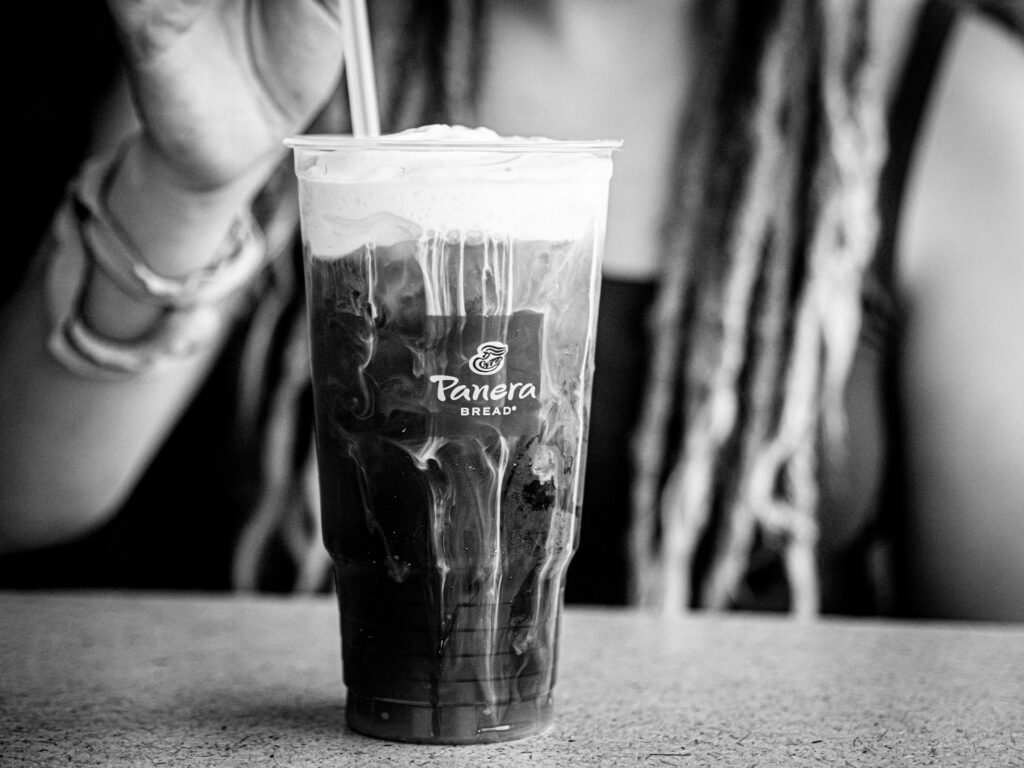
(Cupventi.com) – In March, a Pennsylvania teenager, Luke Adams, had to be resuscitated after experiencing cardiac arrest. The cause, as alleged in a recent lawsuit, was Panera Bread’s highly caffeinated Charged Lemonade.
The lawsuit, which was filed in the U.S. District Court for Eastern Pennsylvania, is the latest in a series of legal actions against Panera Bread regarding the Charged Lemonade. This beverage has been blamed in previous lawsuits for two deaths and a woman’s severe health problems. Panera, however, has denied any wrongdoing and did not respond to inquiries about the latest lawsuit.
Luke Adams, an 18-year-old with no prior health issues, purchased a chicken sandwich and a large Charged Lemonade on March 9 in Monroeville, Pennsylvania. Later that evening, while watching a movie with friends, Adams suddenly became unresponsive. Fortunately, two nurses and a cardiologist were present in the theater and performed CPR, using an automated external defibrillator to revive him.
Dr. Andrew Pogozelski, a cardiologist at Allegheny Health Network’s Forbes Hospital, who has been treating Adams, said, “He was about as close as you can come to being dead.” The quick actions of those in the theater were crucial in saving Adams’ life. After being taken to the hospital, Adams experienced two seizures. Medical notes suggest that the seizures might have been related to caffeine intake from the Charged Lemonade, as no other triggers were identified.
Adams, a high school junior, expressed his gratitude for surviving the ordeal. He had to be intubated during his hospital stay, which added to the seriousness of his condition. His story was first reported by the Pittsburgh Post-Gazette shortly before Panera announced it would discontinue the Charged Lemonade.
Charged Lemonade contained caffeine from multiple sources, including guarana extract, making it a potent energy drink. Previous lawsuits have linked the drink to the deaths of Sarah Katz, a University of Pennsylvania student with a heart condition, and Dennis Brown, a Florida man with developmental delays. Another lawsuit claims the drink caused permanent cardiac injuries to Lauren Skerritt from Rhode Island. These cases are ongoing, with the first trial scheduled for September.
The FDA states that healthy adults can safely consume up to 400 milligrams of caffeine per day. Following the lawsuits, Panera updated its disclosures in restaurants and online, advising moderation in consuming Charged Lemonade and warning that it is not recommended for children, pregnant or nursing women, or those sensitive to caffeine.
Panera also moved the drink behind the counter to prevent self-serve access and updated its nutritional information to reflect the caffeine content accurately. Previously, the drink was marketed as having as much caffeine as Panera’s dark roast coffee, but it actually contained more caffeine, especially in a large serving.
When Adams bought a large Mango Yuzu Citrus Charged Lemonade, he was unaware of its high caffeine content, which Panera listed as 237 milligrams with ice. Dr. Pogozelski confirmed that Adams had no heart abnormalities or underlying conditions that would explain his cardiac arrest.
Lisa Feyes, Adams’ mother, who is an emergency room nurse, shared her distress over the incident. “Every night when I go to bed, the whole thing replays in my mind,” she said, highlighting the trauma of nearly losing her son. She expressed relief when she learned the drink was being discontinued. “They were tears of joy because no other parent will ever have to go through this because of a Panera lemonade again,” she said.
Adams’ lawsuit accuses Panera of negligence in the design and marketing of the Charged Lemonade. Elizabeth Crawford, Adams’ attorney, stated, “This is a perfect and tragic example of why warnings are completely insufficient for this product.” She believes the drink should have been removed from shelves earlier to prevent such incidents.
The lawsuit seeks damages through a jury trial, aiming to hold Panera accountable for the incident and to prevent future harm from similar products.